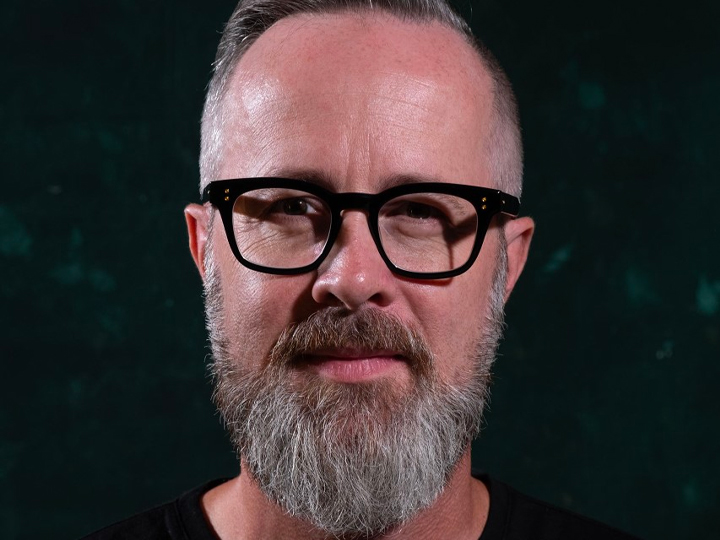The Technological Revolution of Quantum Computing

With complex data creating limitations for present-day classical computers, the rapidly emerging technology is more advanced than ever, especially in unlocking new possibilities with AI. In fact, according to whurley, founder and CEO of quantum computing startup Strangeworks, it’s expected to revolutionize the technological world in the coming years.
In a Lunch & Learn presentation to the HPC Society of Professionals, whurley dove deep into the past, present and future of quantum computing, discussing its mechanics, the power of its algorithm and prospective uses.
How is quantum computing different from classical computing? The technology possesses the ability to compute on large, complicated data flows, using “qubits” to solve complex problems that would take traditional computers a significant amount of time to solve. Although it is a relatively new way of computing, it has a range of potential in various industries, such as machine learning, optimization, finance, etc.
The future for quantum computing is promising, with investments increasing more than two-fold in the last 3 years and a projected 200+ total number of quantum startups worldwide. According to whurley, public markets and current political administrations have shown investment in quantum. Whurley references real-world research efforts, such as Volkswagen and Mitsubishi in the automotive industry, showcasing the expeditious growth of quantum today.
Strangeworks’ ecosystem is also a part of the quantum revolution. Whurley’s startup seeks to make quantum accessible and available to all by working to accelerate the integration of the technology in corporations, universities and enterprises. The platform, partnered with ventures such as IBM, Hitachi, and Deloitte, allows users to access a catalog of quantum solutions and resources in a user-friendly interface. Whurley shared a demo of the platform, showcasing its product catalog, backends and tutorial documentation. Currently, Strangeworks is offering a free early access program to applicants interested in utilizing the platform’s quantum technology.
“We need to be realists about this,” whurley said, “We need to be preparing. Today, you cannot take a software engineer and make them quantum-ready overnight.”